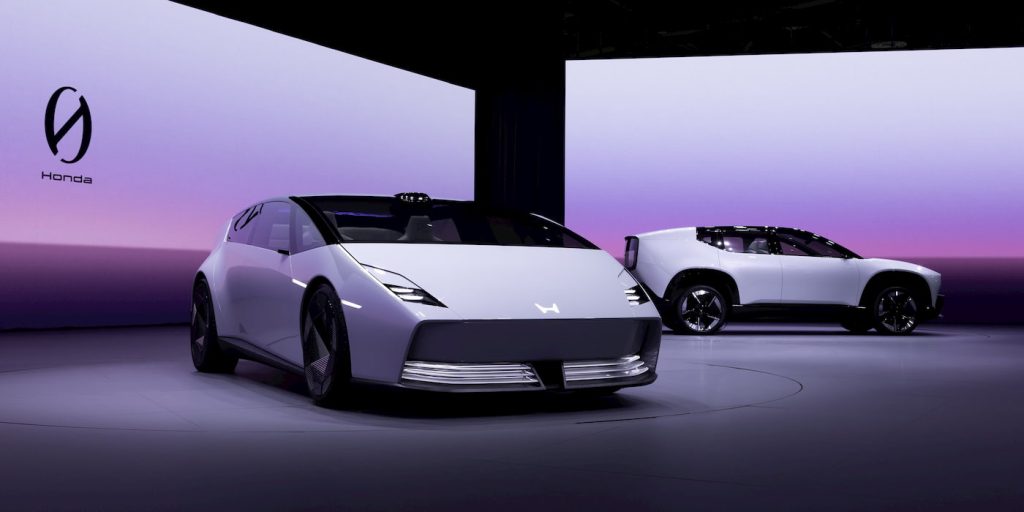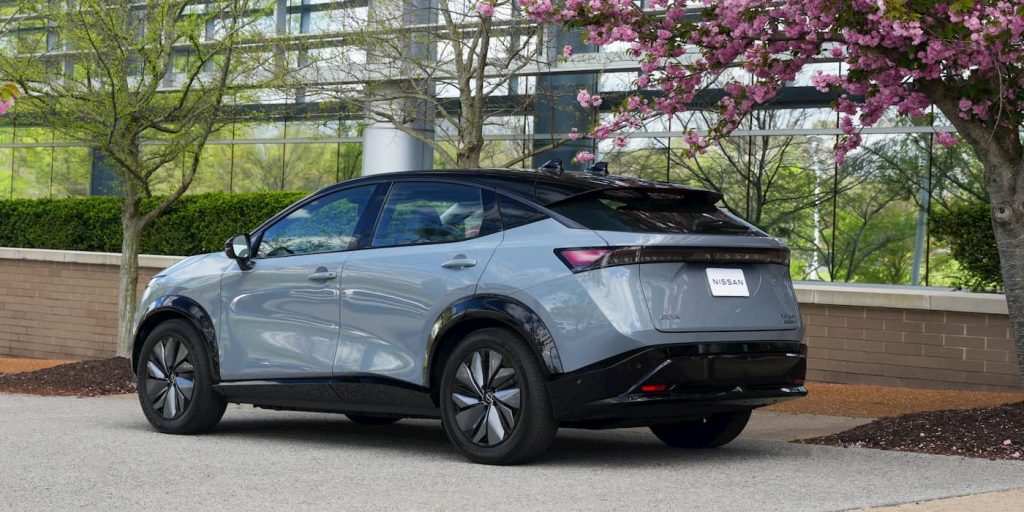
The landmark EV merger, which would create the world’s third-largest automaker, may not happen after all. Honda and Nissan’s EV partnership plans are reportedly already being called off. The partnership was expected to help the Japanese automakers survive after falling behind BYD, Tesla, and others as the industry shifts to electric.
Why are Honda and Nissan’s EV merger plans on hold?
After Honda and Nissan signed a memorandum of understanding (MOU) in December, confirming plans to create a new joint EV holding company, the merger is already being called off.
During a board meeting on Wednesday, Nissan announced it was considering scrapping the EV merger. According to Nikkei, the announcement came after Nissan informed Honda that it planned to put talks on hold late Tuesday.
Sources close to the matter said the plans are falling through over ownership. Honda is reportedly worried about Nissan’s turnaround plans and wants more control over the partnership. However, Nissan wants equal ownership, as the initial plans called for.
As Reuters reported, Nissan and Honda said the Nikkei report was not based on official company announcements. A final decision on the merger is planned for mid-February.

With around 8 million in combined sales, the partnership would have established the third-largest auto group, behind Toyota and Volkswagen, with a value of around $58 billion.

Nissan already announced it was cutting around 9,000 jobs and 20% of global output to cut costs and improve profits. Will it be enough without Honda’s help?
Electrek’s Take
Nissan and Honda are quickly falling behind in the global auto market, with new threats like Tesla, BYD, and other Chinese automakers gaining momentum.
For the first time, BYD sold more vehicles globally than Nissan and Honda last year. With new EVs arriving in Europe, Southeast Asia, South and Central America, and several other overseas markets, BYD expects 2025 to be even bigger. In its first full sales year, BYD even sold more electric vehicles than Toyota in Japan, its home market.
Top comment by Philip234
This is a merger sought by and facilitated by the Japanese government. It is good for Nissan and awful for Honda. The best thing in the world for Honda would be to have Nissan walk away. Nissan is banking on the government putting additional pressure on Honda to accept the lousy terms.
Japanese automakers have already lost significant market share in China, one of their most important markets, but now sales are falling in other key regions.
The merger was expected to help the Japanese auto giants catch up as the industry shifts to EVs, “which is said to occur once every 100 years,” according to Honda’s CEO Toshihiro Mibe.
During a press conference in December, Mibe explained that “the rise of Chinese automakers and new players has changed the car industry quite a lot,” adding, “We have to build up capabilities to fight with them by 2030, otherwise we’ll be beaten.”
Can Honda and Nissan survive the transition without each other? Let us know what you think in the comments below.
FTC: We use income earning auto affiliate links. More.



Comments